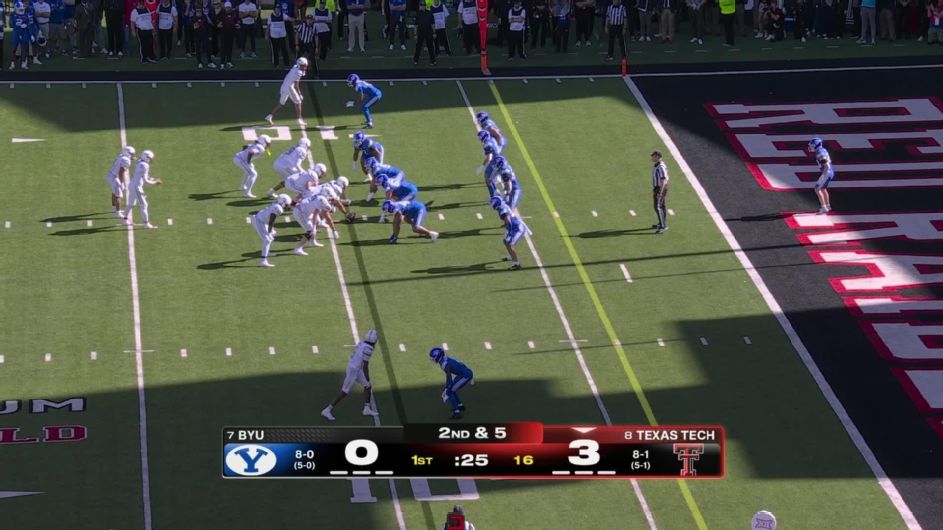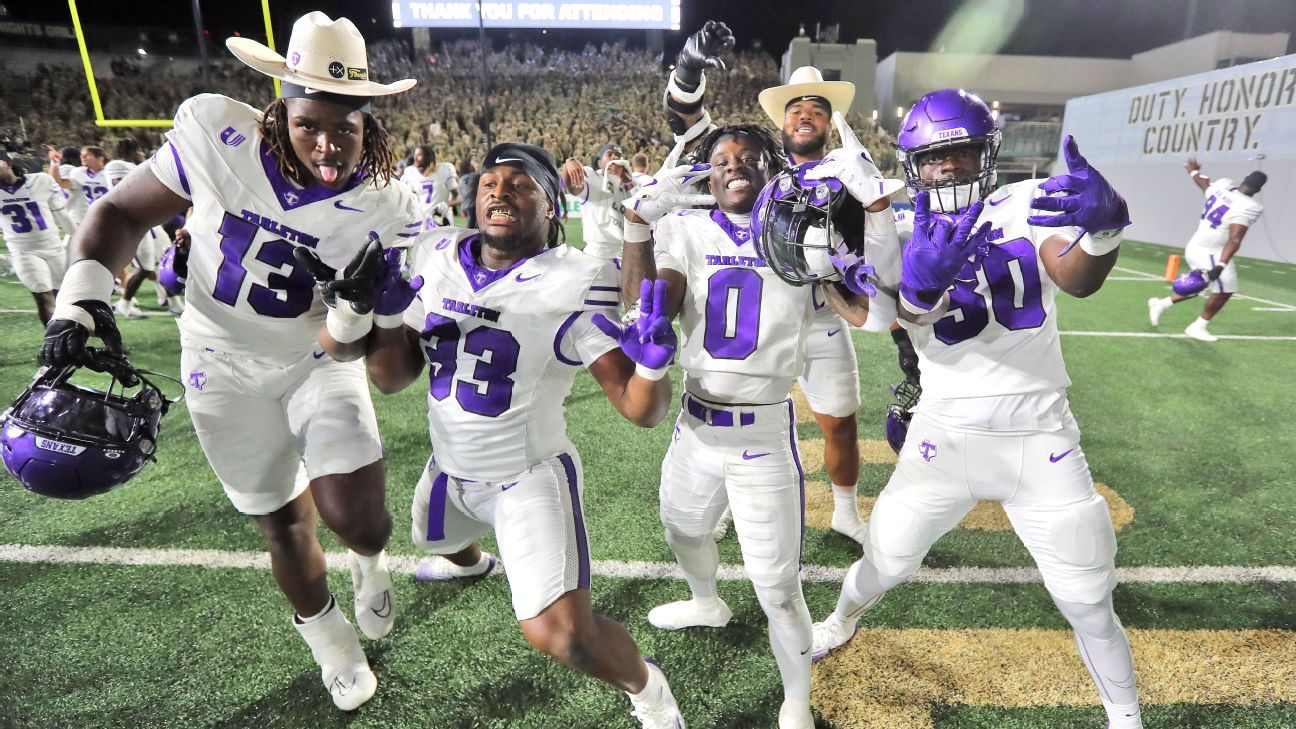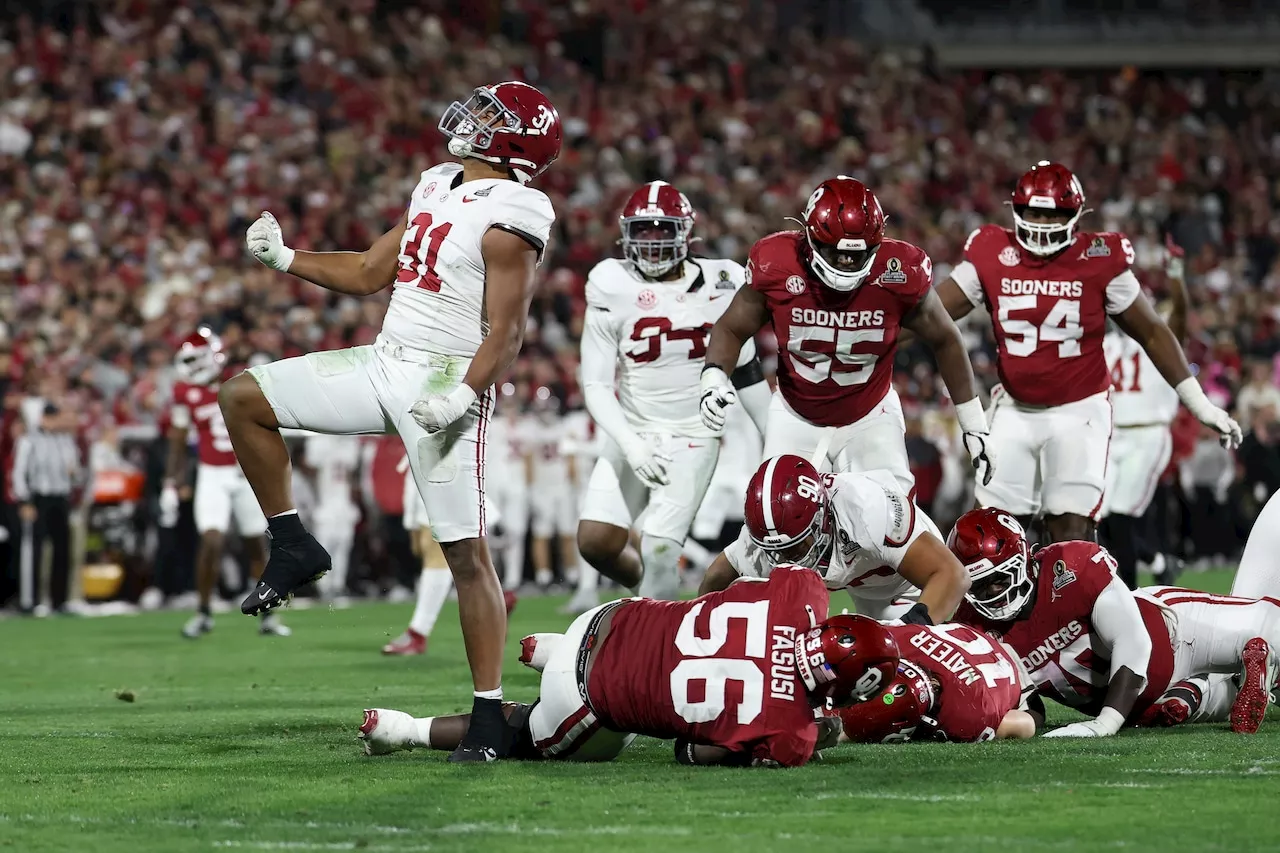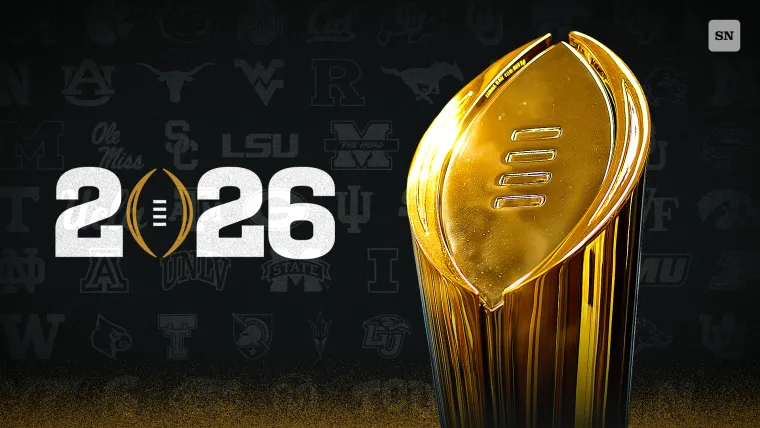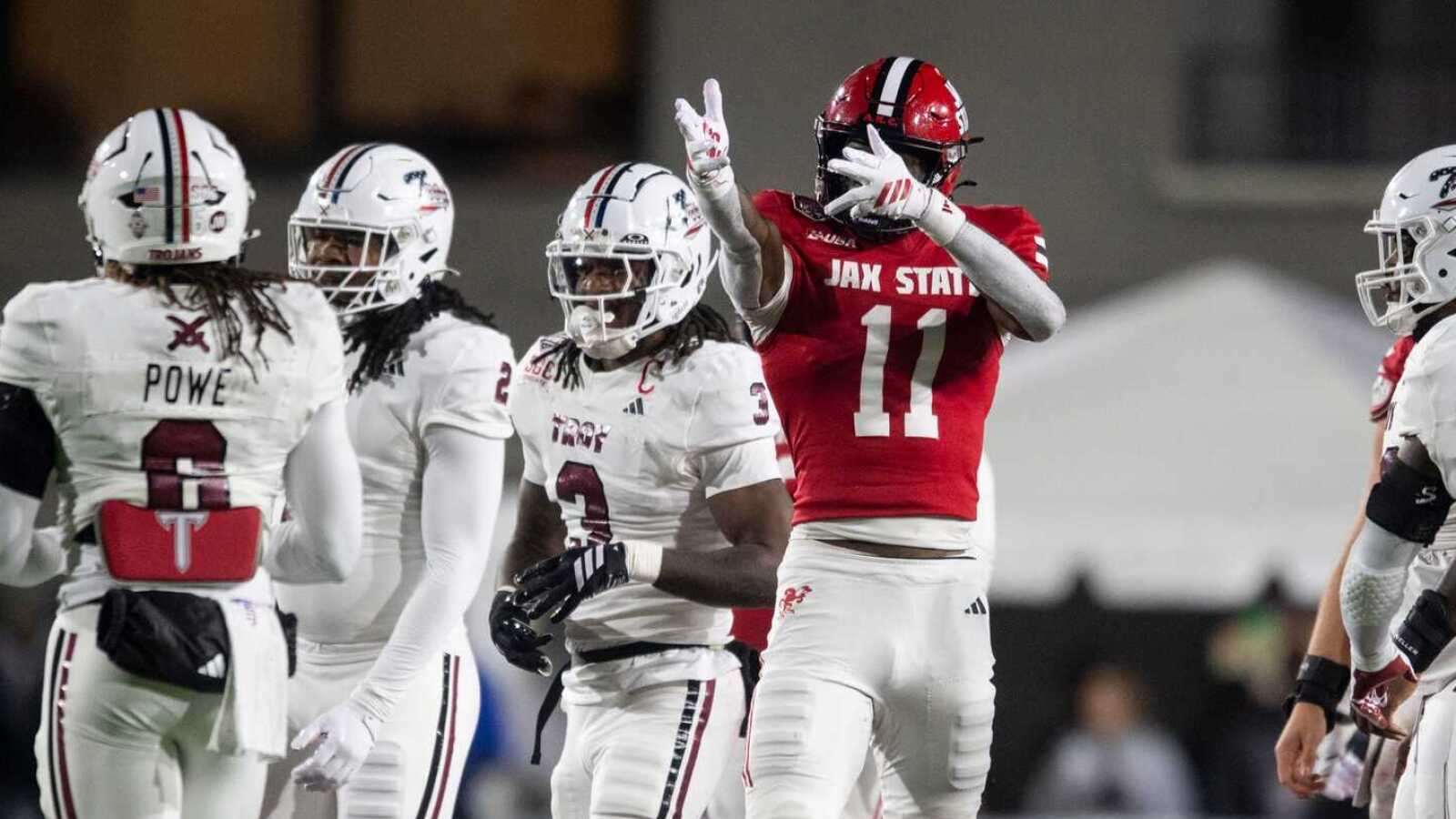RALEIGH, N.C. — The days when Duke University acknowledged having one of the worst football programs in the nation are long gone, but it is crucial to reflect on how dramatically the landscape has changed.
Back in 2007, Louisville took legal action against Duke for withdrawing from the final three games of a four-game contract. At that time, Duke”s football team had suffered a staggering loss record of 62 out of its last 71 games. They even argued in court that any opponent Louisville could find would be more formidable than their struggling program, a claim that surprisingly won them a $450,000 judgment when a Kentucky judge agreed with their assessment in 2008.
Fast forward seventeen years, and after significant investments and three key coaching hires, Duke has emerged as a competitive force in college football. Coming off seasons with nine, eight, and nine wins, the Blue Devils are now poised to contend for the ACC title, with only four games remaining on their schedule.
David Cutcliffe was instrumental in legitimizing the program, and subsequent investments from the university and the efforts of Mike Elko breathed new life into the team, which has now transitioned smoothly to Manny Diaz as head coach. Duke”s ability to adapt following the coaching change highlights their organizational strength, especially as they navigated the financial commitment of $8 million for quarterback Darian Mensah.
This past weekend saw all three Triangle teams achieving significant victories in ACC matchups, with Duke”s triumph at Clemson marking their first win there since 1980. This victory reinforces the progress Duke has made in recent years. While North Carolina celebrated its first win under Bill Belichick against Syracuse and Dave Doeren secured a notable win over Georgia Tech, Duke”s consistent performance has set it apart in the state.
Acknowledgment is due to both athletic directors, Kevin White and Nina King, for their strategic hires, as well as the program”s supporters who have funded it generously. While they also invest significantly in their renowned basketball program, the football team has gained a different kind of respect.
Cutcliffe laid the groundwork for success after his hiring in 2007, turning Duke from a laughingstock into a serious contender and ending a bowl drought that had persisted since the early 1990s. Even as challenges arose late in his tenure, Duke recognized the need to sustain the momentum and made the investments necessary for Elko to reform the program. Now, Diaz has taken the reins, and Duke is among five one-loss teams vying for the ACC title, with favorable matchups ahead.
Other programs that experienced similar growth, such as Northwestern and Stanford, have struggled to maintain their status. However, Duke has not only sustained its success but has also established a reputation for consistency, a quality that the other Triangle programs currently lack. Duke”s current standing in football is no longer a shock; it has become the expected norm, yet perhaps it should be viewed with a sense of awe.



